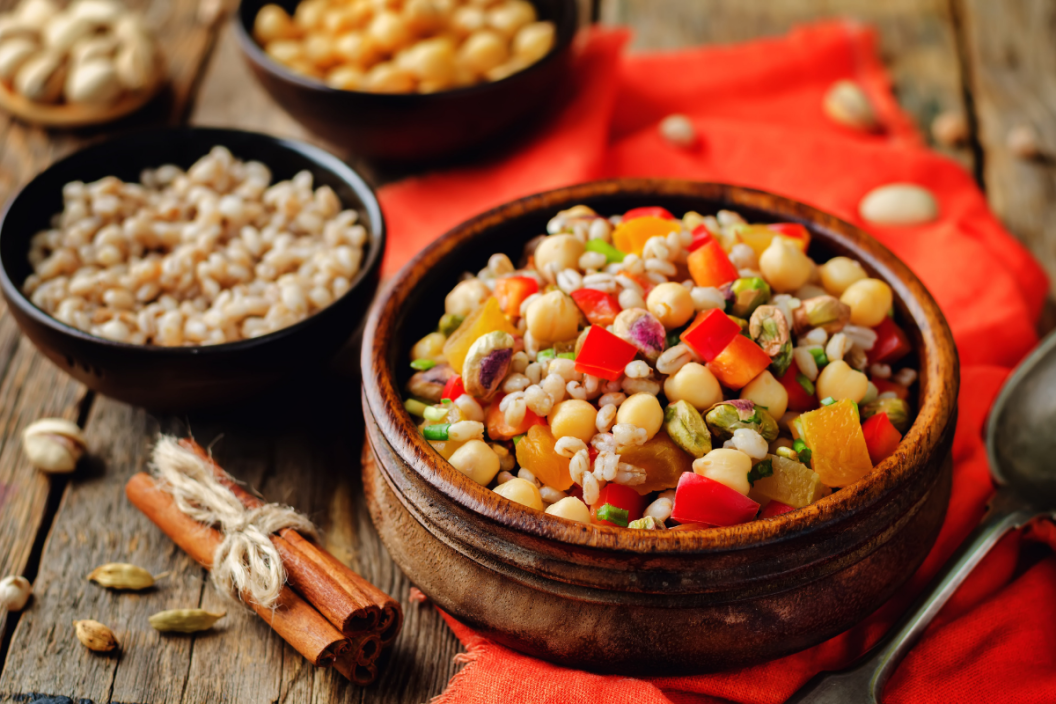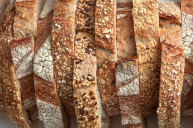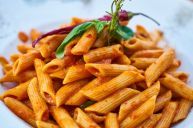Cutting down on gluten in your diet can be an overwhelming task. From figuring out which foods contain it to reworking your go-to recipes, this adjustment can take awhile to get used to. One ingredient that often raises questions is barley. The question is, is barley gluten free?
Gluten is found in a number of whole grains like wheat and rye, and it is unfortunately found in barley as well. Because of this, barley isn't gluten free, and should be avoided by those with celiac disease or non-celiac gluten sensitivity. Barley contains about 5 to 8 percent gluten, a similar gluten content to that of wheat.
What is Barley?
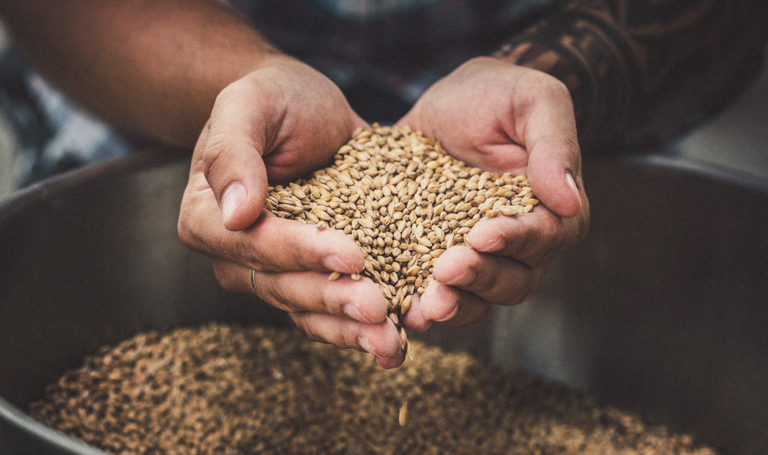
Getty Images/da-kuk
Barley is a cereal grain and is mostly used for animal feed and beer production in the United States. However, about 5% is farmed for human consumption. There are many different types of barley grain, like hulled or whole-grain barley, pearled barley, barley flour, barley grits and barley malt. Each type is processed differently and can be used in a number of ways.
Since there are many ways to use barley, it can be difficult to identify which ingredients contain it. Some surprising foods that have barley in them are soups, stews, brown rice syrup, malt vinegar, malted milk, and medications. Barley is also used in many processed foods to add flavor and enhance the texture, so it's important to double check the ingredients when trying to avoid it.
Unfortunately, even some foods with gluten-free labels contain a small amount of barley, since it comes in so many forms that are easily missed. To ascertain whether a food contains barley, check the food label's ingredient list for malted barley flour, barley flavoring, barley enzymes, malt extract, malt flavoring, malt syrup, maltose, dextrimaltose, and caramel coloring made from barley malt.
What Are the Benefits of Barley?
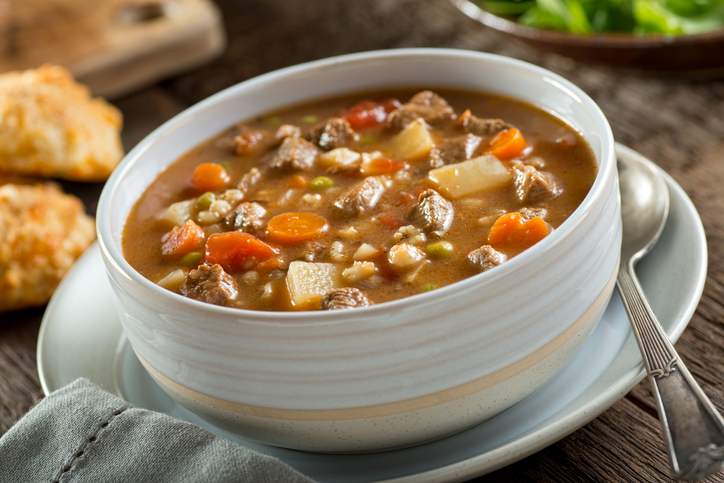
Getty Images/Fudio
Barley may not be a gluten-free food, but it does have an impressive number of health benefits. For one, barley contains many valuable nutrients like copper, vitamin B1, chromium, magnesium and phosphorus.
It's also very filling, helping you to feel full and reducing hunger, which can lead to weight loss. Along with this, barley is shown to support heart health, reduce risk of type 2 diabetes, and help prevent colon cancer.
Which Grains Are Gluten Free?
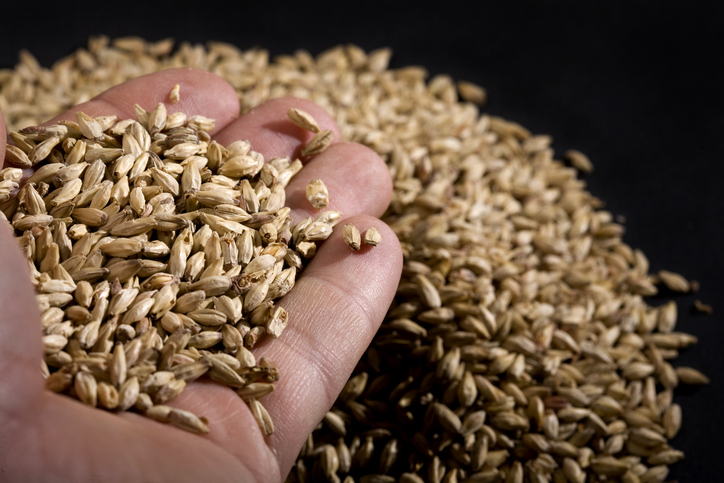
Getty Images/LICreate
Although this nutritious grain is off-limits for those with gluten intolerance or sensitivity, there are many gluten-free whole grains that are equally delicious. Some gluten-free alternatives to barley are buckwheat, amaranth, corn, millet, quinoa, teff, sorghum, and wild rice. These gluten-free grains offer the health benefits of whole grains without the negative affects of gluten.
Whole grains are a great source of complex carbs and fiber, and they've been shown to decrease the risk of diabetes and heart disease. They're also low in fat, high in nutrients, and a great way to support healthy digestion. Those cutting gluten out of their diet can no longer enjoy barley, but these gluten-free grains are an excellent alternative!
READ NOW: We Tested 3 Gluten-Free Cake Mixes And This Was Our Favorite
